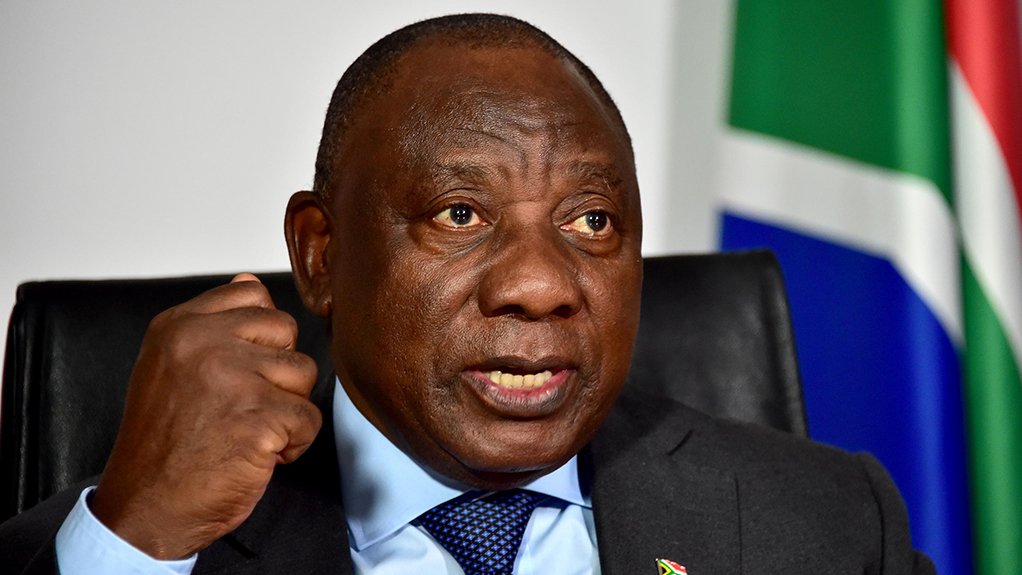President Cyril Ramaphosa has expressed concern that the developed economies are still not meeting their obligations to support developing countries with the finance, technology and capacity building needed for effective climate actions.
In his weekly newsletter, following his attendance at the United Nations Climate Change Conference in Dubai, known as COP28, he said, “the operationalisation at COP28 of a fund to help vulnerable countries with loss and damage caused by climate change is a step in the right direction, but it will need substantial funding if it is to fulfil its purpose”.
He stated that funding through entities such as the Green Climate Fund and Adaptation Fund had been negligible.
He is mindful that the discussions at COP28 have significant implications for South Africa. The impact of climate change is a measurable reality in South Africa, with poor, rural communities in particular bearing the brunt.
“For the transition to lower carbon economies to be just, affected communities cannot live on promises. Workers and communities currently dependent on coal and other fossil fuel industries need viable alternative livelihoods,” he said.
He outlined that as a country “in the midst of an energy crisis”, South Africa was aware that the pace of the just energy transition (JET) would be guided by developmental priorities.
He believes that South Africa’s JET Implementation Plan can ensure that effective action against climate change, while pursuing energy security for all, is possible.
“But if we are to implement these and the other actions outlined in the JET Investment Plan we – like all other developing economies – will require massive financial support from those countries whose development has been the primary cause of climate change. The countries that have contributed most to global warming must support those countries that now bear the brunt of its effects,” he said.
The plan announced at COP27 last year, outlines South Africa’s path towards reducing carbon emissions in the energy sector, which is the largest contributor towards the country’s total greenhouse-gas emissions.
The plan focuses on investment in electricity infrastructure, new energy vehicles, green hydrogen, skills development and municipal electricity distribution.
Ramaphosa stressed that the transition must be underpinned by engagement and partnership with workers, communities, business and civil society.
It also includes interventions to support affected communities, notably in Mpumalanga, “where most of our country’s coal-fired power stations are located”.
The President emphasised that the overriding message the South African delegation took to COP28 was that “our climate commitments will be implemented in a manner that both addresses our current energy crisis and strengthens our efforts to reduce poverty and unemployment”.
EMAIL THIS ARTICLE SAVE THIS ARTICLE ARTICLE ENQUIRY
To subscribe email subscriptions@creamermedia.co.za or click here
To advertise email advertising@creamermedia.co.za or click here











